This article may contain affiliate links. Please see our affiliate disclaimer in the footer menu for more information. Thank you for your support!
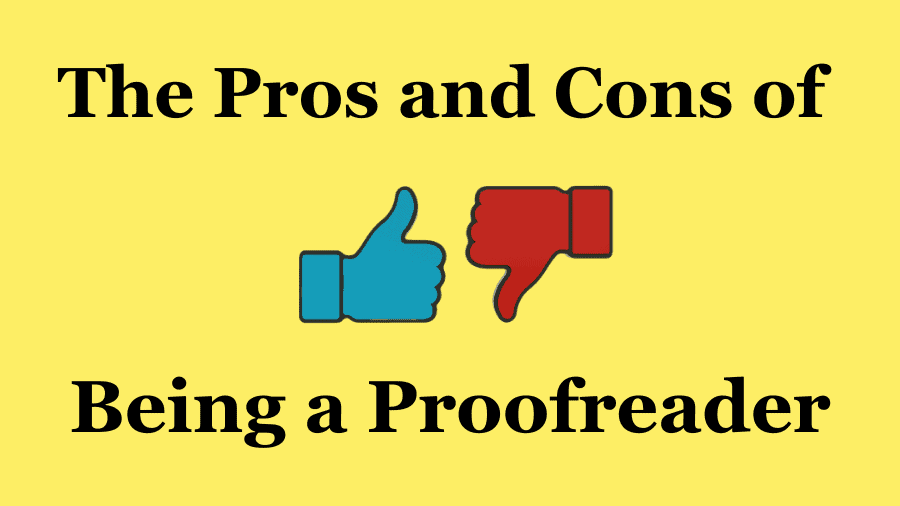
If you’re curious about the pros and cons of being a proofreader, I can give you some helpful insights since I decided to become one.
Proofreaders are responsible for tidying up a text so that the writing is as error-free and polished as possible. And like any occupation, proofreading has unique advantages and drawbacks.
Let’s look at 10 plusses and 10 minuses of working as a proofreader so you can decide whether this job would suit you.
The Pros of Being a Proofreader
1) Most proofreaders have a flexible work schedule.
The majority of proofreaders are freelancers who can decide when they want to work.
Being able to set your own schedule has its perks.
What I like best about choosing my work hours is that I can respect my body’s natural rhythm. I’m a night owl, so I appreciate being able to get things done after dinner when I’m most productive.
And did I mention not having to wake up at the crack of dawn?
2) A college degree isn’t necessary.
You don’t need to attend four years of college to become a proofreader. Nope, you don’t have to sit through chemistry and calculus classes where you need to bring a pillow and a pillow for your pillow. 😉
Instead, you can be ready to proof people’s prose in a matter of months or less.
I penned a post about training options for proofreaders if you’d like the lowdown.
3) No certification is required.
Some jobs require you to pass a certification test before beginning work. And while getting certified as a proofreader is possible, most people don’t opt for this certification.
Instead, proofreaders can prove they have the necessary skills in various ways.
For example, they may offer a sample edit to potential clients or pass a proofreading test to get a job as a freelancer at a proofreading and editing company.
4) You’re always using your mind and learning new things.
Most proofreaders become general proofreaders, which means they handle a broad range of documents.
Working on a wide array of writing means always learning something new and even discovering new interests.
Some retirees start a proofreading side hustle to keep their minds active. We know what they say about our noggin: if we don’t use it, we lose it.
5) You have full permission to be the grammar police.
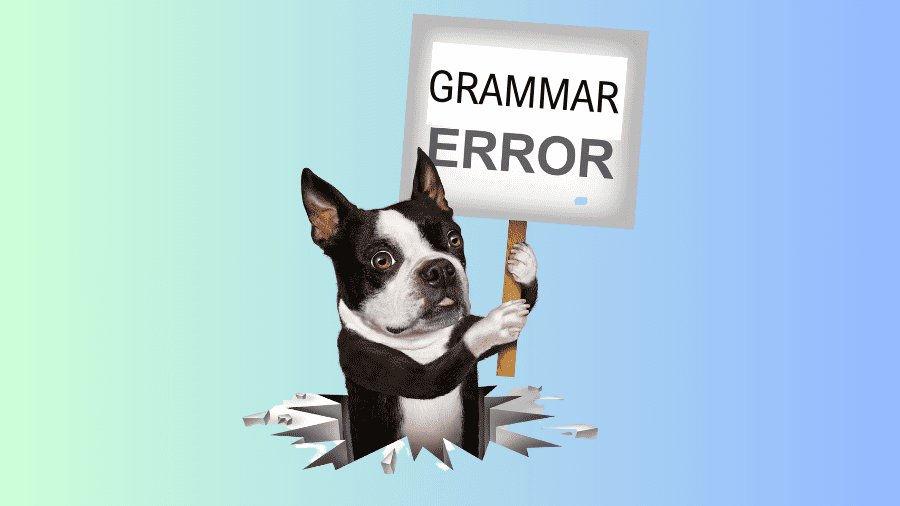
If you have an insatiable urge to get rid of grammar gaffes, being a proofreader gives you an excuse to do it.
Giving unsolicited grammar advice is frowned upon, but working on error patrol gives you the license to correct grammar goofs without any consequence except a paycheck.
You’ll also get the go-ahead to patch up punctuation problems, snuff out spelling snafus, correct capitalization calamities, and fix formatting flubs.
Not bad if you ask me! 😊
6) The start-up costs are low.
You don’t have to spend a lot of money to get started as a proofreader. You need to pay for a reputable proofreading course to get proper training, but that’s far less expensive than paying for four years at a university.
You also need a computer, a paid version of Microsoft Word, and a style guide. And that’s about it.
The paid version of Grammarly and a software called PerfectIt make a proofreader’s job more efficient. However, this software isn’t essential.
7) Most proofreaders can be their own boss.
If you appreciate not having a boss around to tell you what to do, freelance proofreading is a great gig.
You’ll be responsible for completing assignments on time and making decisions independently.
But you won’t have anyone looking over your shoulder or asking if you can work late on a Friday.
8) Most proofreaders can work from home.
Freelance proofreaders can work from the comfort of their homes, which is an obvious advantage for SAHMs and SAHDs—stay-at-home moms and dads.
Working at home means you won’t have to pay high gas prices or endure a long commute every day.
Not having to spend money on gas or wait in long lines is next-level awesome!
9) You get to make others look good.
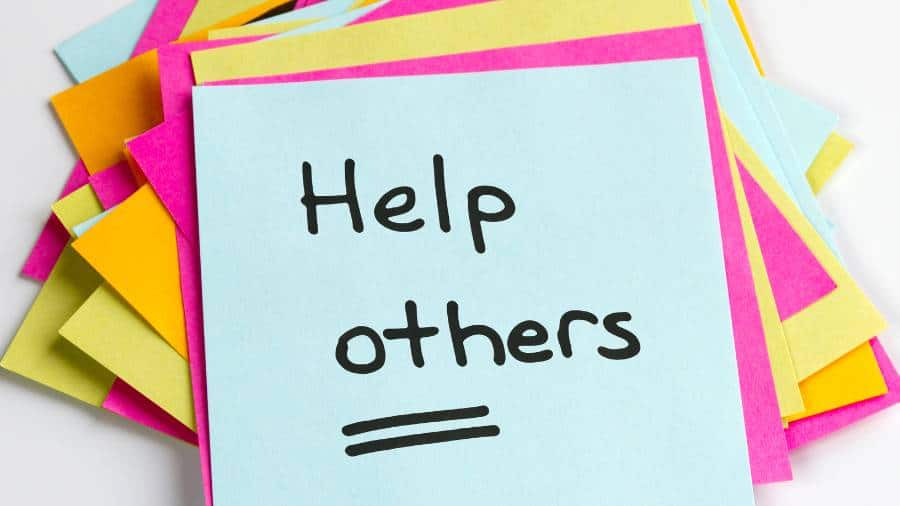
Proofreaders already shine as all-star error correctors, and they get to help others look great too!
I always get a kick out of helping people put their best foot forward.
Proofreaders assist clients in many ways, including the following:
- helping them make a good first impression or maintain their reputation
- enabling them to inspire trust in their readers or clients
- supporting them in having a better chance of landing a job
- increasing the likelihood that their content gets published
- freeing up their time so they can work on other things
- saving them money or embarrassment by catching costly mistakes
Proofreaders set other people up for success, and it’s rewarding!
10) You acquire better language skills, which are transferable.
A big plus about being a proofreader is that your language know-how gets better by the day. Countless jobs require solid written communication skills, and being a proofreader means you continually hone your writing proficiency.
If you read listicles about the top skills employers look for, communication skills almost always make the list.
Unsurprisingly, these skills are valued in the workplace since we often communicate in writing via numerous documents: emails, reports, website copy, newsletters, PowerPoint presentations, etc.
The Cons of Being a Proofreader
11) Deadlines are stressful.
Proofreading can be stressful due to having to meet deadlines and juggling multiple projects.
Deadlines are particularly challenging for new proofreaders because it’s hard to gauge how long a project will take.
Most novice proofreaders underestimate the time required to proof a document.
I had this problem frequently when I started my role on error patrol. I was overly optimistic about the time it would take me to eradicate errors, and consequently, I spent many late nights searching for slipups.
I eventually learned to give myself some wiggle room in case a text ended up having more mistakes than I had anticipated.
12) Some documents are as dull as dirt.

Depending on your interests, you’ll find that some pieces of writing are a real snooze.
If you’re a freelancer, you’ll want to accept most jobs that come your way in the beginning.
You won’t yet have a niche you enjoy, so proofreading tiresome texts is a reality.
I’ve proofread papers about war strategy and a user manual for a product designed to freeze meat. As a vegan who’s all about peace and love, you can safely assume these weren’t my favorite pieces to comb for errors. 😉
13) Clients sometimes need more than proofreading.
You’ll run into clients who think they need proofreading but actually need copyediting or editing. If you can’t do those jobs, you’ll want to refer them to someone else.
However, many proofreaders later learn to do copyediting, and sometimes editing, allowing them to obtain more customers and money.
If you’re interested in doing both proofreading and editing, Knowadays offers a bundle deal that combines their Becoming a Proofreader course with their Becoming an Editor class.
14) Some customers can be a challenge.
Most clients are as lovely as they can be. I’ve even had a couple of clients send me their new book with a thank you note on the inside cover letting me know how much they appreciated my efforts. I treasure those kind comments and the books they worked so hard to bring to fruition.
However, now and then, you’ll run into a customer that’s difficult to work with.
They may have high expectations or take a while to return your emails or send a payment.
For example, I had a client who was disappointed that I didn’t add keywords to her blog post to improve it for search engine optimization. Since when did proofreading involve adding words—unless the writer accidentally omitted them?
Many individuals are unclear about what proofreading entails.
If you decide to freelance, I recommend that the services section of your business website clearly explains what you do and don’t do as a proofreader.
Clear communication is key to ensure both you and your clients have a positive experience.
15) It requires a lot of concentration.
Proofreading can be pretty challenging when you’re tired. You need a lot of focus to do it, so you won’t be able to sit for hours on end perfecting a paper.
Taking occasional breaks is necessary to ensure you work to a high standard.

Also, if you’re like me, you’ll need to find a quiet environment that affords you the concentration required for the task.
I’ve found noise-canceling headphones are great to have on hand for when it gets too loud.
16) You have to stay up to date with changes.
Language constantly evolves, and proofreaders have to stay abreast of changes.
New editions of style guides are published periodically, and novel terms are added to the dictionary more frequently than you may expect.
Merriam-Webster editors typically add hundreds of words to the dictionary each month (source)!
One of my favorite recent additions was the abbreviation TFW.
Any guesses as to what it means? If you think it means “the final word,” I’d say that’s a great guess.
But it actually means “that feeling when.” People use this abbreviation on social media when presenting a relatable situation that elicits a particular emotion.
17) Your earnings will fluctuate if you’re a freelancer.
It takes a long time to build up a solid base of clients as a freelancer in any field, and proofreading is no exception.
Many individuals proofread as a side hustle until they get enough repeat customers and have learned how to market themselves effectively.
Of course, if you can land a position as a salaried proofreader, you won’t have this concern. However, many individuals are attracted to freelancing because of the flexibility.
18) You may get lonely.
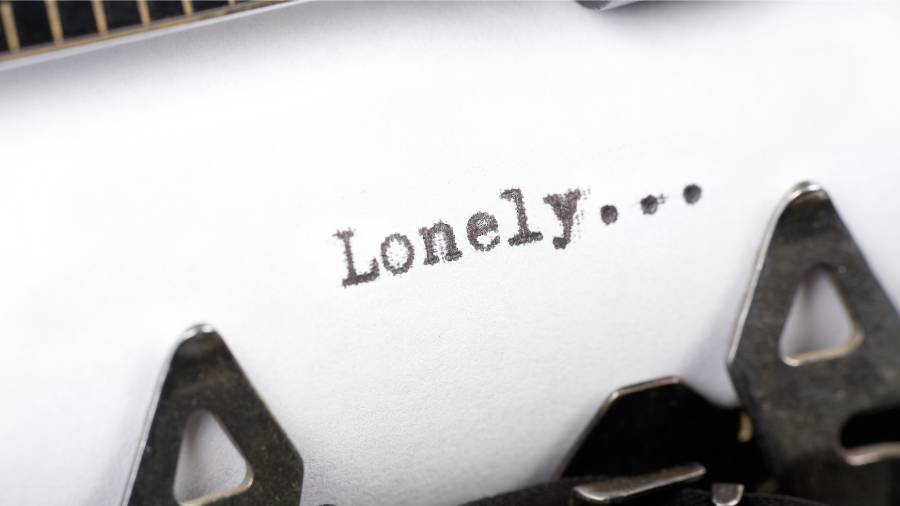
Proofreading is a one-person job, so if you prefer to work as part of a team and need lots of social interaction, proofreading is probably not for you.
To combat loneliness, I frequent the same coffee shop so that I can get to know the baristas and other regular customers.
The interaction helps me feel more connected since my job is done solo.
Networking with other editorial professionals and participating in proofreading-related discussions on platforms like LinkedIn and Facebook is another way to soothe feelings of solitude.
19) You need to charge low fees in the beginning.
If you work as a freelancer, you’ll need to charge low fees initially to attract customers. These appealing prices will help you get a leg up on the competition until clients can see that you’re a competent corrector of errors.
For example, when I started proofreading on Fiverr, I had to charge bargain rates until I built up enough reviews to increase my prices.
I thought of these beginning projects as being like an internship where I didn’t get paid a lot but got valuable experience.
20) The work can seem repetitive.
Although proofreaders get to correct many types of documents covering a vast range of subjects, they still focus on spotting the same kinds of mistakes in each text they take on.
Some people aren’t too bothered by this, while others find it monotonous.
Proofreaders who find the job repetitious can solve this problem by learning related skills (e.g., copyediting, editing, beta reading, writing) that can add variety to their vocation.
That concludes our discussion about the pros and cons of working as a proofreader.
I think the pros outweigh the cons, but everyone has to decide for themselves.
I wish you the very best in whatever comes next for you!
Now let’s see some common questions pertaining to proofreading.
Frequently Asked Questions

Is it worth it to become a proofreader?
It’s worth it to become a proofreader if you like to read, have a knack for spotting errors, can maintain your focus, and don’t mind working alone. Proofreading is especially rewarding if you enjoy work that’s intellectually stimulating and helps people express themselves clearly and professionally.
Is being a proofreader stressful?
Being a proofreader can be stressful because of the need to meet deadlines, juggle multiple projects, and work alone. Also, you’ll probably feel pressure to keep clients satisfied, but this shouldn’t be a problem if you’ve received adequate training.
Can proofreading be a side hustle?
Proofreading can certainly be a side hustle. You can be a freelance proofreader who sets your own hours or find a part-time position as an employee if it fits your schedule. Proofreading is a popular side job because it doesn’t require a degree and has a relatively low start-up cost.
Is it hard to make money as a proofreader?
It’s hard to make money as a proofreader at first if you decide to freelance. Building any business takes a lot of effort, persistence, and patience. You’ll have to dedicate a substantial amount of time at the start to marketing your services.
You can earn roughly $12–$18 per hour as a beginner. This rate increases as you get more experience, training, and testimonials.
According to a survey administered by the Editorial Freelancers Association, proofreaders earn $35–$50 per hour for fiction and nonfiction documents and $40–$60 per hour for business, medical, and STEM (i.e., science, technology, engineering, and mathematics) texts.
You typically need additional training to proofread medical and STEM documents.
I authored an article that discusses how much proofreaders earn. The post includes seven factors that influence how much freelance proofreaders make.
Do proofreaders make mistakes?
Yes, even proofreaders make mistakes. It may sound ironic since our job is to fix errors, not make them. But proofreaders are humans, too, and everyone makes mistakes. Interestingly, our brains aren’t wired for proofreading because we automate the reading process.
Best wishes to you!
“When one door of happiness closes, another opens; but often we look so long at the closed door that we do not see the one which has been opened for us.”
– Helen Keller
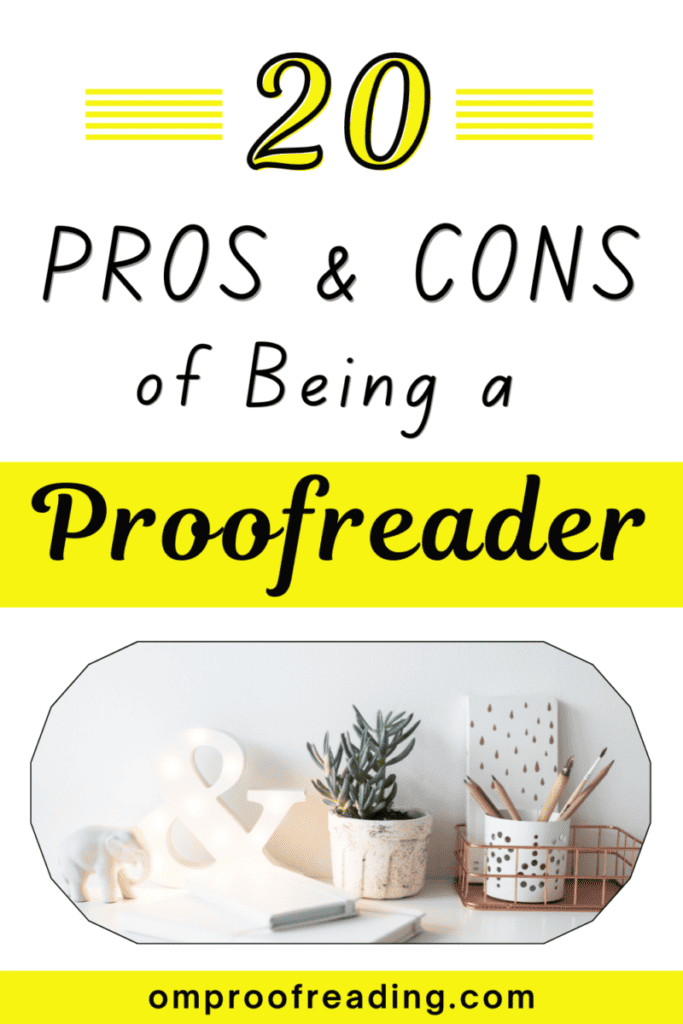
Recent Posts
Punctuation is important because it enables us to communicate our message clearly and effectively. Without punctuation, we wouldn’t understand how units of a sentence relate to one another or how...
Although you're probably somewhat familiar with adverbs, you may be unaware of sentence adverbs. As a trained proofreader who has studied the parts of speech, I can help you understand this unique...
